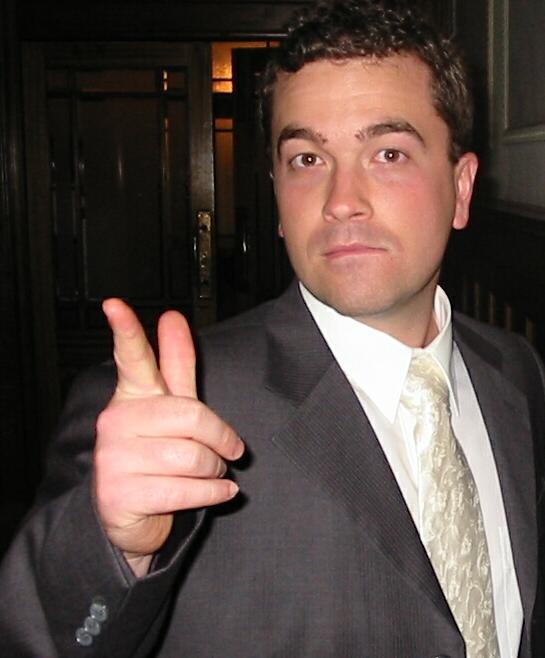
We can view the activity of preaching not so much as the essence of leadership but as a way in which Christ exercises his own headship. Within Paul’s letters we see the preachers of the early church fulfilling a Christ-like role in prophetic sense. In 2 Tim 2.2 Paul’s instruction to Timothy is to enlist faithful people “who will be able to teach others also.” The content of this teaching is that which Timothy heard from Paul (2 Tim 2.2), who in turn learnt it from Christ himself (Gal 1.12). This content is the “testimony about our Lord” (2 Tim 1.8); the “good deposit” which Timothy has been set apart to guard and preach (2 Tim 1.6,14). This teaching is to be done in the face of heresy and apostasy (1 Tim 1.3-4), and is the means by which the yet-to-be-perfected Church is kept faithful (1 Tim 4.16).
All this amounts to the act of preaching being understood as an outworking of Christ’s own care for the church; Jesus was a teacher and it is through his delegation of this role that he still cares for his Body. As George Herbert said in the early Seventeenth Century:
A pastor is the deputy of Christ for the reducing of man to the obedience of God.*
In particular it’s the word preached by the pastor which achieves this task. Christ still rules his church, but does so through the announcement of his Spirit empowered word.
So in the end leadership is a service we provide to help others find their place under the leadership of Christ. Planning, praying and preaching are tasks with a higher goal: the movement of people to a place under Christ’s wing. If you set your heart on being an overseer – and let’s remember what a noble task that is – then look to the Chief Overseer as the goal, model and content of your leadership. Happy leading!
* Quoted in Donald Robinson, Ordination for What? Sydney: Anglican Information Office, 1992, 29.

10 points for the following:
Top photo: Name the leader commemorated by this arch.
Bottom Photo: Name this leader-making institution.

6 comments:
not sure about the top one - but is the bottom one "eaton" - the educational institute for future kings and politicians?
(and by the way, i feel ripped off the thing churchill banned was whistling - that was so random...)
Well done jod, 10 points to you.
Hint for the top one...he was a general and shares his name with a type of steak.
I suspect that language about ministers being "deputies" for Christ, or perhaps "vicars" (i.e. vicarious), is no less than catastrophic. It suggests that the minister is Christ's representative ruler at the local level. This however is emphatically not the kind of authority a minister wields. A minister does not wiled Christ's political authority like this. And by the way, this logic leads, innevitably, to a pope.
Yes, olde George's language can be a little misleading, which is why it's important to stress the ministry of the word as the mechanism through which Christ continues to rule.
I guess if you were to see a pastor as Christ's deputy purely by means of their office you would have something to worry about. However, what if we understood this deputation to be achieved through the preaching of the word, an act carried out in Herbert's day by those in ministerial positions? Perhaps then it's not so dire...
As for the "inevitability" of ending up with a pope, a little strong don't you think? I'm unsure whether Herbert himself ended up papist...maybe he was, but I don't think he was.
Is the top picture a memorial to the Iron Duke...The Duke of Wellington. It looks like the Wellington Arch in Hyde Park.
Good work Matt. One of these days I'll add all these points up.
Post a Comment